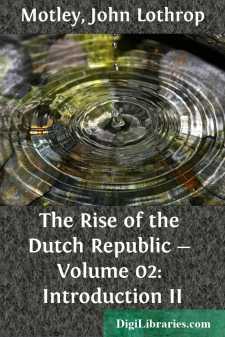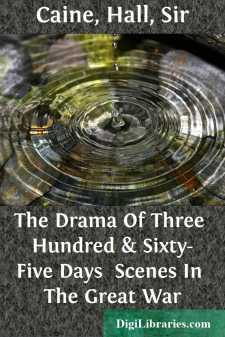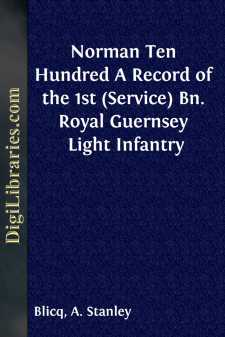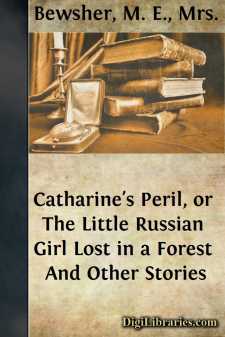Categories
- Antiques & Collectibles 13
- Architecture 36
- Art 48
- Bibles 22
- Biography & Autobiography 815
- Body, Mind & Spirit 144
- Business & Economics 28
- Children's Books 18
- Children's Fiction 14
- Computers 4
- Cooking 94
- Crafts & Hobbies 4
- Drama 346
- Education 58
- Family & Relationships 59
- Fiction 11835
- Games 19
- Gardening 17
- Health & Fitness 34
- History 1378
- House & Home 1
- Humor 147
- Juvenile Fiction 1873
- Juvenile Nonfiction 202
- Language Arts & Disciplines 89
- Law 16
- Literary Collections 686
- Literary Criticism 179
- Mathematics 13
- Medical 41
- Music 40
- Nature 180
- Non-Classifiable 1768
- Performing Arts 7
- Periodicals 1453
- Philosophy 65
- Photography 2
- Poetry 896
- Political Science 203
- Psychology 44
- Reference 154
- Religion 515
- Science 126
- Self-Help 85
- Social Science 83
- Sports & Recreation 34
- Study Aids 3
- Technology & Engineering 59
- Transportation 23
- Travel 463
- True Crime 29
Our website is made possible by displaying online advertisements to our visitors.
Please consider supporting us by disabling your ad blocker.
The New Book of Martyrs
by: Georges Duhamel
Description:
Excerpt
THROUGHOUT OUR LAND
From the disfigured regions where the cannon reigns supreme, to the mountains of the South, to the ocean, to the glittering shores of the inland sea, the cry of wounded men echoes throughout the land, and a vast kindred cry seems to rise responsive from the whole world.
There is no French town in which the wounds inflicted on the battle-field are not bleeding. Not one which has not accepted the duty of assuaging something of the sum of suffering, just as it bears its part in the sum of mourning; not one which may not hear within its own walls an echo of the greater lamentation swelling and muttering where the conflict seems to rage unceasingly. The waves of war break upon the whole surface of the country, and like the incoming tide, strew it with wreckage.
In the beds which the piety of the public has prepared on every side, stricken men await the verdict of fate. The beds are white, the bandages are spotless; many faces smile until the hour when they are flushed with fever, and until that same fever makes a whole nation of wounded tremble on the Continent.
Some one who had been visiting the wounded said to me: "The beds are really very white, the dressings are clean, all the patients seem to be playing cards, reading the papers, eating dainties; they are simple, often very gentle, they don't look very unhappy. They all tell the same story... The war has not changed them much. One can recognise them all."
Are you sure that you recognise them? You have just been looking at them, are you sure that you have seen them?
Under their bandages are wounds you cannot imagine. Below the wounds, in the depths of the mutilated flesh, a soul, strange and furtive, is stirring in feverish exaltation, a soul which does not readily reveal itself, which expresses itself artlessly, but which I would fain make you understand.
In these days, when nothing retains its former semblance, all these men are no longer those you so lately knew. Suffering has roused them from the sleep of gentle life, and every day fills them with a terrible intoxication. They are now something more than themselves; those we loved were merely happy shadows.
Let us lose none of their humble words, let us note their slightest gestures, and tell me, tell me that we will think of them together, now and later, when we realise the misery of the times and the magnitude of their sacrifice.
They came in like two parcels dispatched by the same post, two clumsy, squalid parcels, badly packed, and damaged in transit. Two human forms rolled up in linens and woollens, strapped into strange instruments, one of which enclosed the whole man, like a coffin of zinc and wire.
They seemed to be of no particular age; or rather, each might have been a thousand and more, the age of swaddled mummies in the depths of sarcophagi.
We washed, combed, and peeled them, and laid them very cautiously between clean sheets; then we found that one had the look of an old man, and that the other was still a boy....












